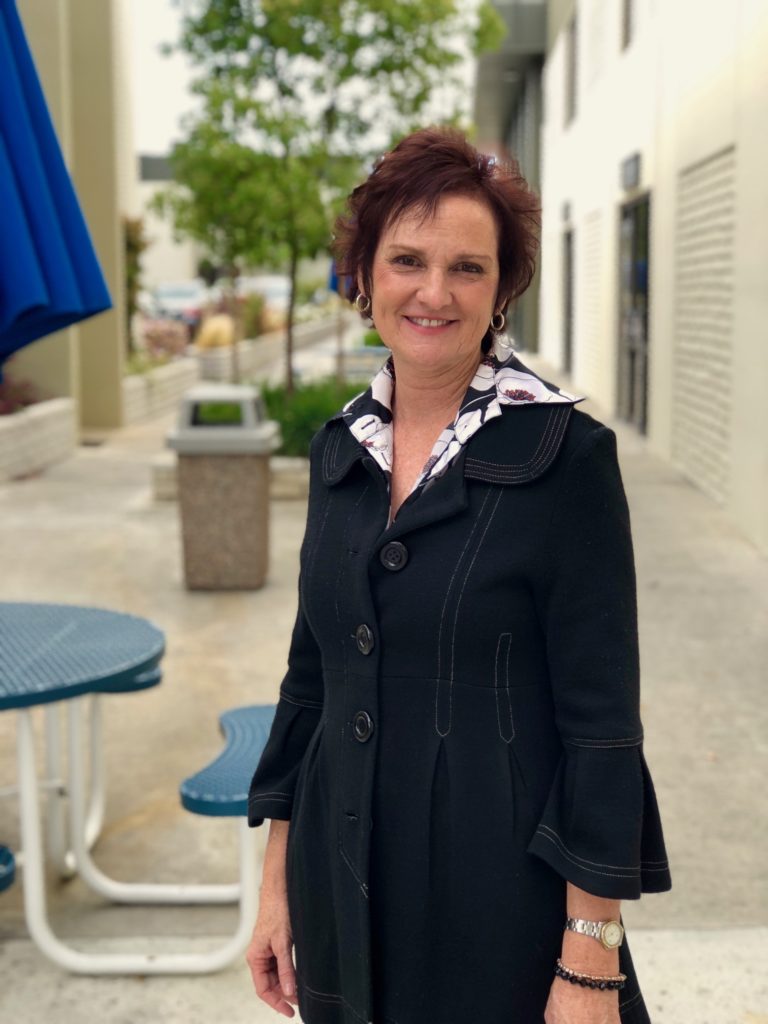According to the latest certified data from the California Department of Education, about 6 percent — or approximately 25,400 students in Orange County — were identified as youth who do not have permanent homes.

And while it’s no secret that the COVID-19 pandemic has produced financial challenges for many people across the world, the public health crisis continues to pose unique risks for youth and families experiencing homelessness.
“What many people don’t know is that homelessness goes beyond a lack of access to a safe place to live,” says Jeanne Awrey, OCDE’s homeless education program coordinator.
Fortunately, local schools, with help from the Orange County Department of Education, play a major role in efforts to support the education for homeless youth by providing services and assistance to families who do not have a permanent residence.
As we close out the month of November, which is nationally recognized as Homeless Youth Awareness Month, we reached out to Awrey, along with former Magnolia School District homeless youth liaison Linda Russell, to talk about information, resources and educational rights for homeless youth.
Here are a few important takeaways.
1. Any child or youth who lacks a fixed, regular and adequate nighttime residence is eligible for services under the McKinney-Vento Education Assistance Act.
The McKinney-Vento Education Assistance Act of 2001 was created to provide rights and services to children and youth experiencing homelessness. But Awrey says that often people don’t understand the true meaning of what defines a homeless youth and the differences between a fixed, regular or adequate residence.
“A fixed residence is one that is stationary, permanent and not subject to change,” said Awrey. “A regular residence is one that is used on a normal, standard and consistent basis. And an adequate residence is one that is sufficient for meeting both the physical and psychological needs typically met in home environments.”
Under the McKinney-Vento act, examples of living situations that are eligible for services include families or youths who are:
- sharing the housing of others due to loss of housing or economic hardship
- living in shelters, motels or hotels — or trailers that can be moved
- living in places not designed for sleeping or human habitation, such as cars, RVs, garden sheds, parks and abandoned buildings
- sleeping in residences without water or heating, or that are overcrowded
2. Students experiencing homelessness have the right to attend the school in which they last enrolled or the school last attended when permanently housed.
The McKinney-Vento act also makes sure that educational barriers are removed for students who experience homelessness. Eligible students have the right to immediate enrollment, even if they do not have proof of residence or normally required documents such as immunization documents or guardianship documents.
Awrey explains that youth and families who are homeless can also receive help with supplies and services needed to attend and succeed in school. And the OCDE-led HOPES Collaborative helps to collect and distribute these supplies.
The HOPES Collaborative — HOPES stands for Homeless Outreach Promoting Educational Success — is a partnership between OCDE and the county’s Homeless Services program, school districts, community-based organizations, faith-based community, law enforcement, shelter and housing service providers. The Collaborative works to increase school attendance and ultimately improve the academic success of homeless children and youth under the McKinney-Vento Homeless Education Assistance Act.
3. All public schools are required to have a McKinney-Vento (homeless) liaison to provide support to students and families.
Under the McKinney-Vento Act, every local educational agency is required to designate a liaison for homeless children and youth. These liaisons coordinate services to ensure that children and youth who are homeless enroll in school and have the opportunity to succeed academically.
“Liaisons are there to help families with anything from questions related to enrollment to whether or not a family qualifies for services,” says Awrey.
For more information about homeless education services, or to access a list of Orange County McKinney-Vento school liaisons, visit OCDE HOPES Collaborative. To contact Jeanne Awrey, email jawrey@ocde.us or call 714-966-4093.
